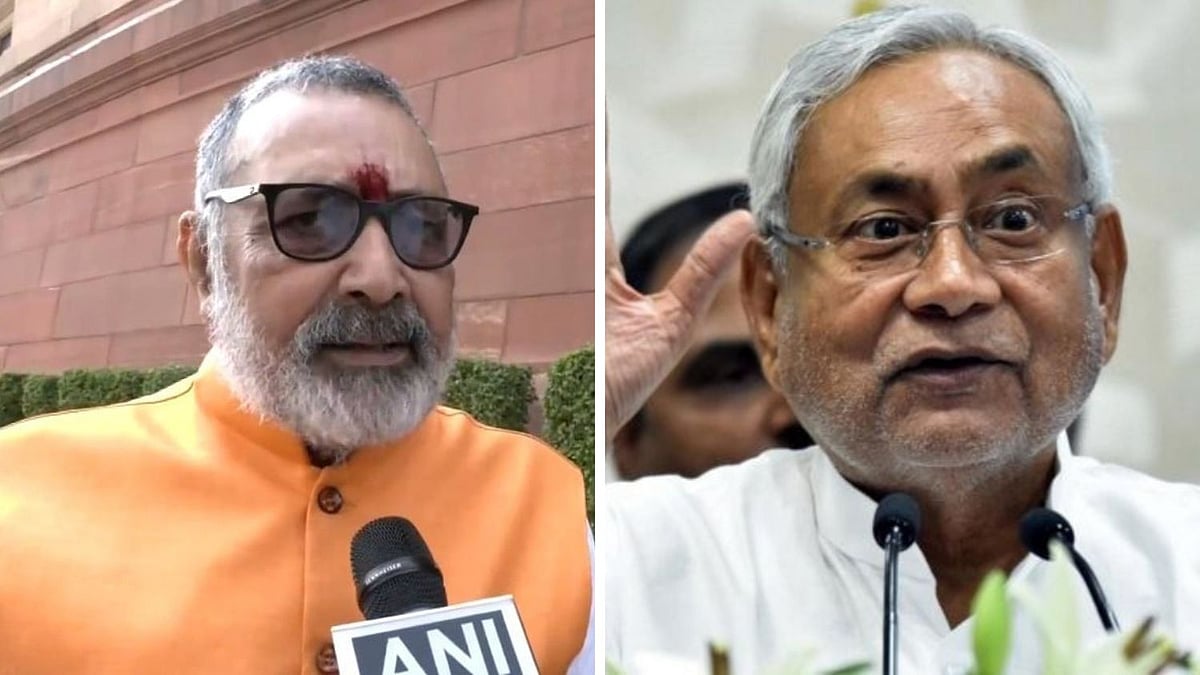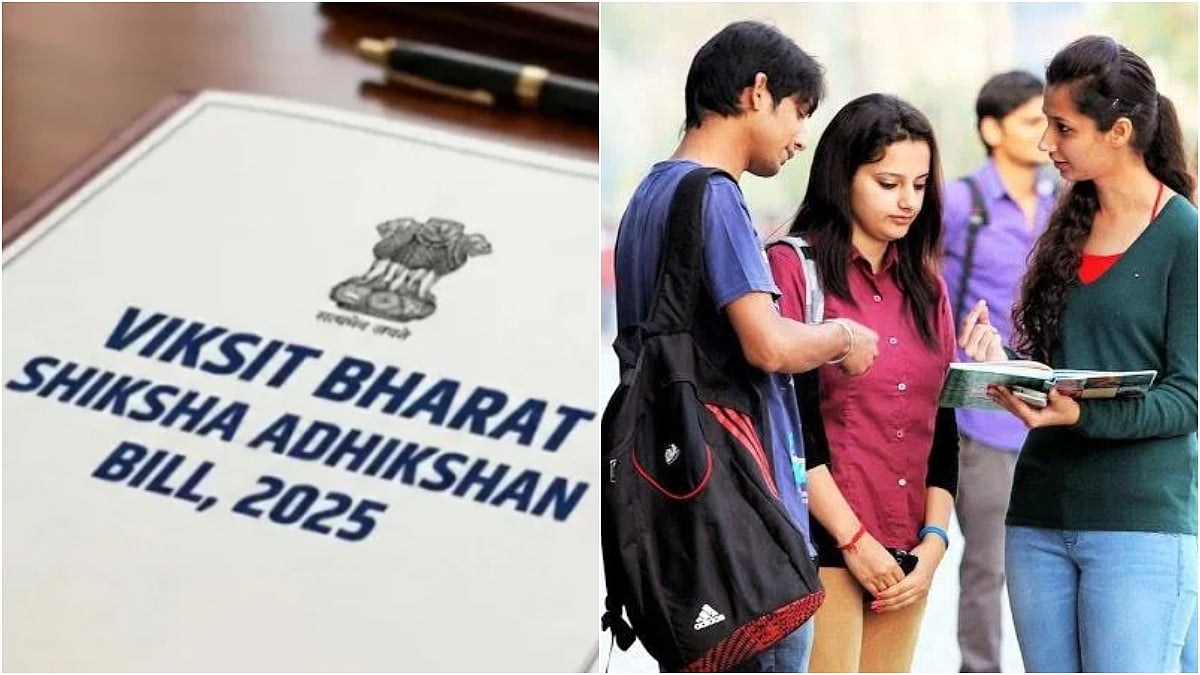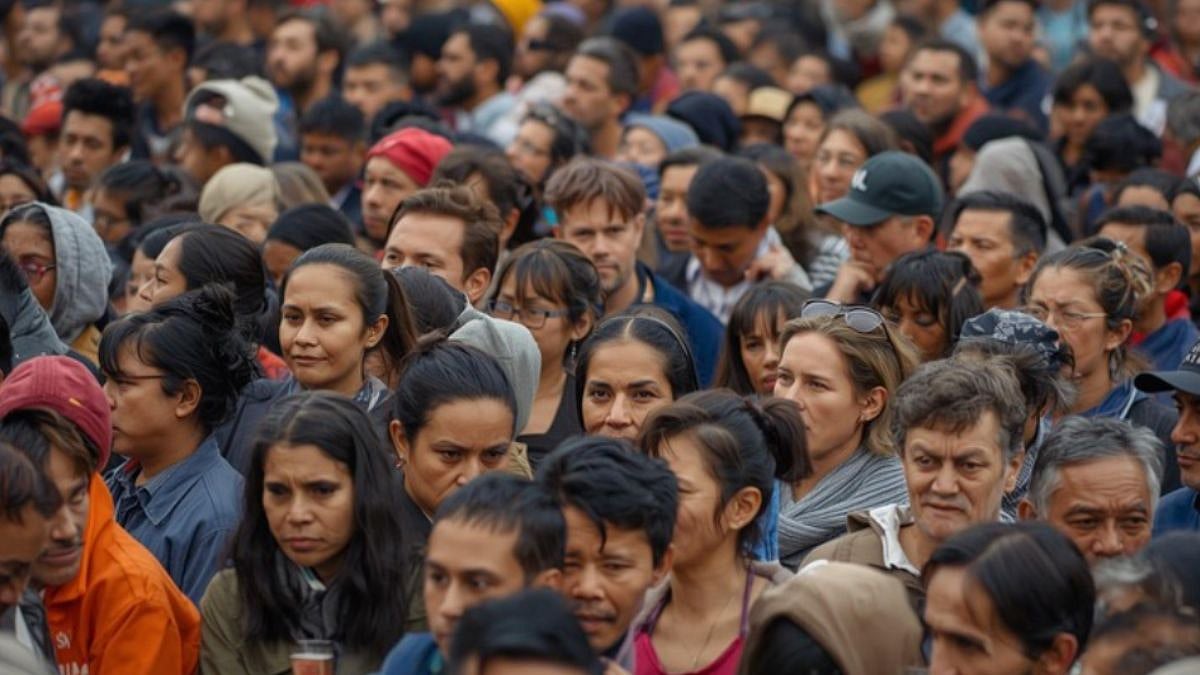It has been nine months since the first outbreaks of Covid were reported from across the world. What until then had been a local outbreak of the flu in Wuhan, China, became a global pandemic impacting the lives, and livelihoods of billions. In the months that have followed, there has been acute economic distress across the world. India’s GDP has contracted by 23.9 per cent, Australia has seen the worst contraction since the Great Depression, and the United States saw a decline of 31.7 per cent. All in all, the picture is bleak, and the World Bank estimates an overall contraction in the world economy by 5.2 per cent this year.
Today, over 30 million people worldwide have been stricken by the novel coronavirus. The United States of America leads the pack, with over 6.5 million infected, and almost 200,000 deaths; India follows at 4.7 million infections, and approximately 78,000 deaths. The cases in many other countries are on the rise, but the USA and India are way ahead in the level of community transmission and the rapidity with which the contagion is making its way into the lives of the population.
Many countries are trying to make their way out of a lockdown, but it is looking difficult, with the spike in cases. Countries like Spain that faced the first wave of COVID assault earlier this year, moved towards normalcy, and are again battling Covid. Spain has crossed four lakh cases, and people are wondering if it is the second wave. As autumn approaches, many countries with severe winters are bracing themselves for a renewed battle with the coronavirus. And, the vaccine still seems some time way away. As exhausted public health services get geared for more patients, there is genuine concern about locking down again.
While lockdowns in various parts of the world may have prevented the spread of the virus to large chunks of the population – especially the most vulnerable sections – their impact on other vulnerable sections – the economically vulnerable – has been devastating. According to the World Bank Global Economic Prospects Report, the coronavirus will push 71 million people deeper into poverty, in a baseline scenario; and over a 100 million people into crushing poverty in the downside scenario. Locking down again, even if there is a second wave or a third one, is simply not an option.
For many educated, urban dwellers, living in gated communities – a post-COVID-19 normal gives a work-life balance they did not think was possible. Work from anywhere is a new mantra that is being embraced heartily by many of us. However, we are the exceptions. Most do not have the luxury of working from anywhere. Your house help, for example, cannot help you from a work from home scenario, nor can a carpenter fix the door from anywhere. There are people who are not protected by a regular income. With offices not opening in many parts of the world – entire support business – cobblers, newspaper vendors, sandwich makers, food stalls, stationery shops, photocopier paper suppliers, coffee vendors, and others are all out of work. The hospitality and travel business is in deep distress, as are gyms and the fitness business. All visible signs of a 21st century economy have been impacted – and there seems no way of stopping the free fall. The gig economy, the great economic hope of the 21st century, has devastated the very lives it helped build over the last 20 years.
This is exactly why this is the time for governments across the world to look at Universal Basic Income (UBI). The conversations on UBI had begun earlier this century, primarily in response to jobs being lost to technological advances – robots replacing workers on assembly lines; AI replacing bank tellers, and so on. It was believed that a UBI would need to be adopted sooner, rather than later, by all economies, to mitigate the loss in jobs brought about by seismic shifts in technology. However, Covid has upended that. While it is still possible that there will be job losses due to technology – the job losses due to the lockdown are more immediate. While the world reels from the pessimism imposed by the relentless advance of Covid, along with the fact that most of us have been deprived of social company for the last six months – UBI will serve as both a boost to the economy and the morale of people.
For Finance Minister Nirmala Sitharaman and the Indian Government, it is time that they left the dogma of the fiscal deficit to GDP ratio, and took bold steps to revive the economy. The Indian economy needs an influx of disposable income, in the hands of individual households, very rapidly to get out of the mess. There is no point saying that let us wait for the next government to resolve it – it just might be too late by then.
The writer works at the intersection of digital content, technology, and audiences and is also a columnist, visiting faculty, and filmmaker.









